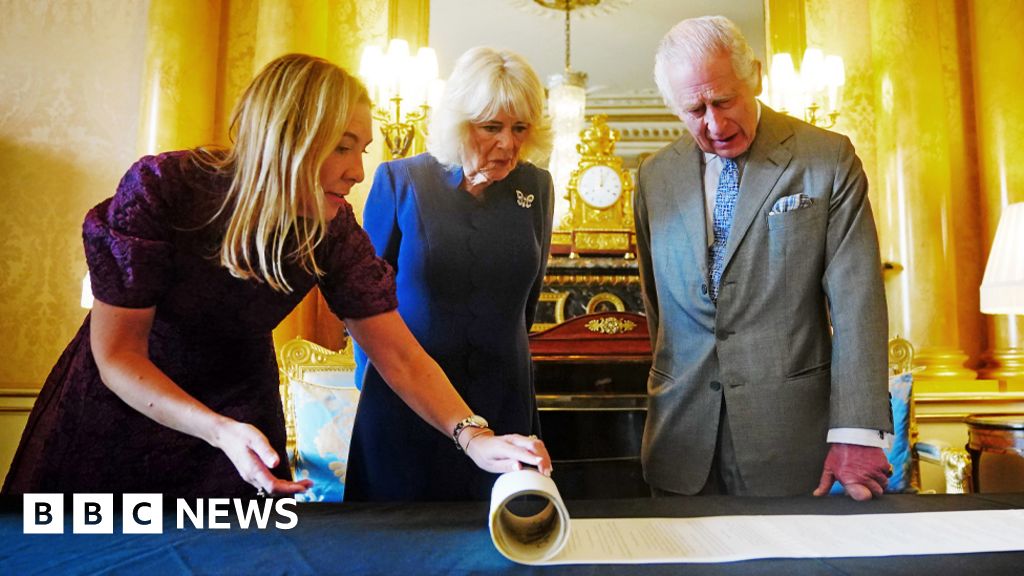Children of all ages also become more withdrawn when they’re experiencing either stress or anxiety, Slater says. “Younger children might stop doing things they’d usually enjoy, like arts and crafts or football,” he explains.
“Older children, on the other hand, might start spending more time by themselves, or withhold their feelings from grown-ups to avoid bothering them – that’s something I see a lot in Year 11s who are sitting exams, on top of seeming burned out and not wanting to go to school.”
When does stress or anxiety really become a problem?
“While stress is a healthy response to an over-demanding environment, what may not be healthy is if your child can’t return to their normal, happy self,” says Slater.
Slater sees children who are suffering from extreme stress and anxiety as well as specific anxiety disorders, such as generalised anxiety disorder or obsessive compulsive disorder. It is important to know when your skills as a parent aren’t a match for your child’s mental health needs, he says.
“As professionals we assess the period in which the child is struggling to see if the response they are having is perhaps disrupting their lives in such a way that it’s difficult for them to function, such as impacting their sleep, appetite or social skills,” explains Slater. “Often the way we assess that is through play, since young children don’t have the words to communicate what’s upsetting them. That’s really something for trained experts to do.”
Anxiety in early childhood can be one symptom of an illness that may develop in adolescence. “Some disorders can be diagnosed in very young children, and the symptoms of an anxiety disorder like obsessive compulsive disorder (OCD) might appear in children as young as three or four,” says Forster.
“Things such as generalised anxiety disorder and panic disorder are more likely to appear in later childhood, however, as they tend to have a large cognitive component that younger children mostly will not have developed yet.
“Depression tends to show up similarly – young children might experience low mood, but depression is characterised by negative thoughts about ourselves and the world, which younger children are typically not able to form,” he adds.
How to help your child manage their stress or anxiety
Almost every child will experience stress at some point, and while it’s crucial to seek professional help if you believe your son or daughter might have an illness, there is much to be done to prevent a clinical issue from forming.
Where the problem seems to be stress, it is the circumstances that must change and not your child, says Forster. Children now “have much less free time than they did 20 or 30 years ago”, he says. One study conducted in the North West of England and published in 2018 found that 88 per cent of children take part in an organised extracurricular activity on four or five days a week, with 58 per cent taking part in more than one in a single evening.
“Parents want the best for their children and think that setting them up with sports classes or piano lessons means they’ll have the best outcomes possible in adult life,” Forster says, “but it is easy to underestimate the importance of downtime and relaxing together as a family.”

Sarah Carter is a health and wellness expert residing in the UK. With a background in healthcare, she offers evidence-based advice on fitness, nutrition, and mental well-being, promoting healthier living for readers.








